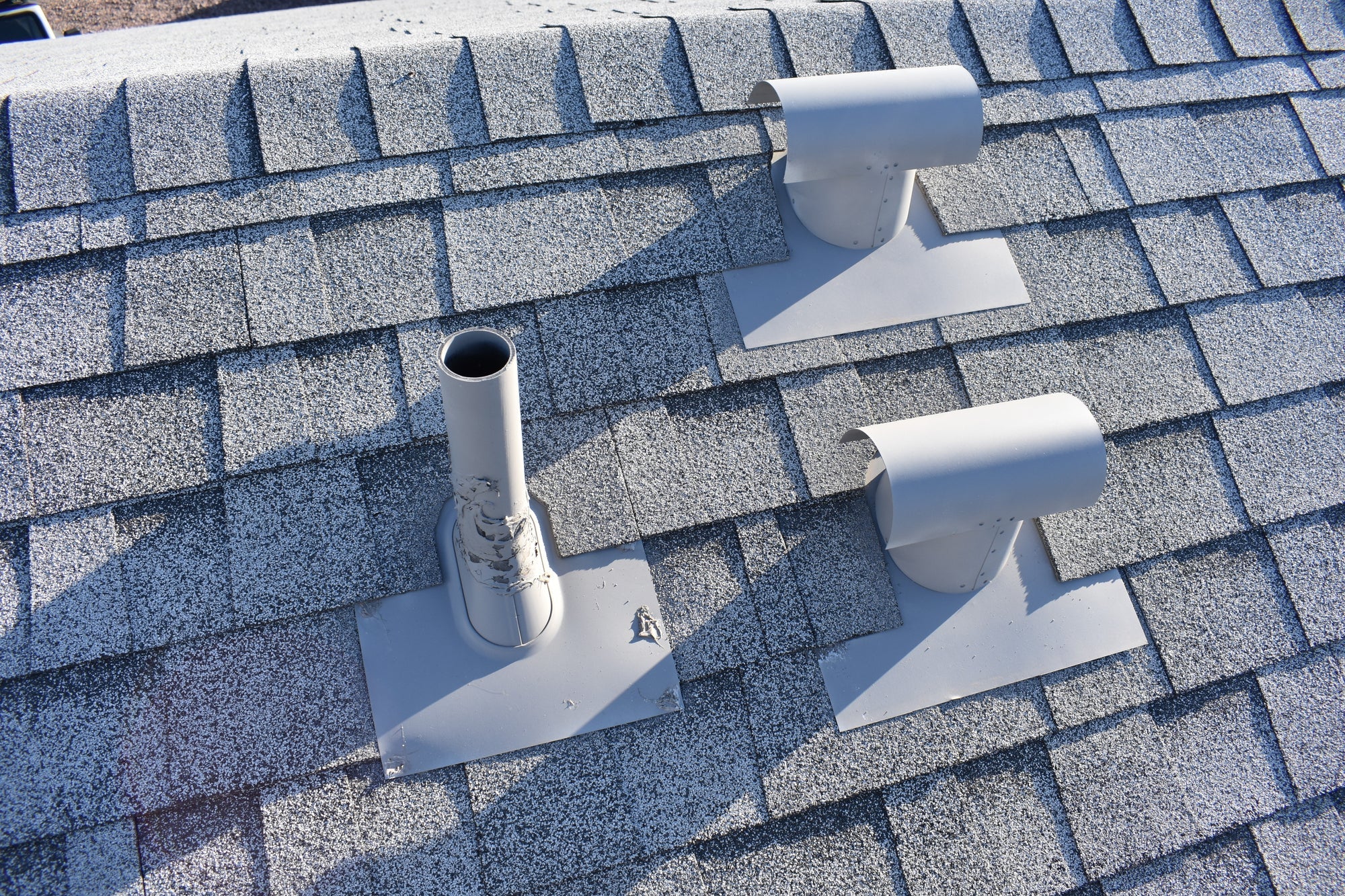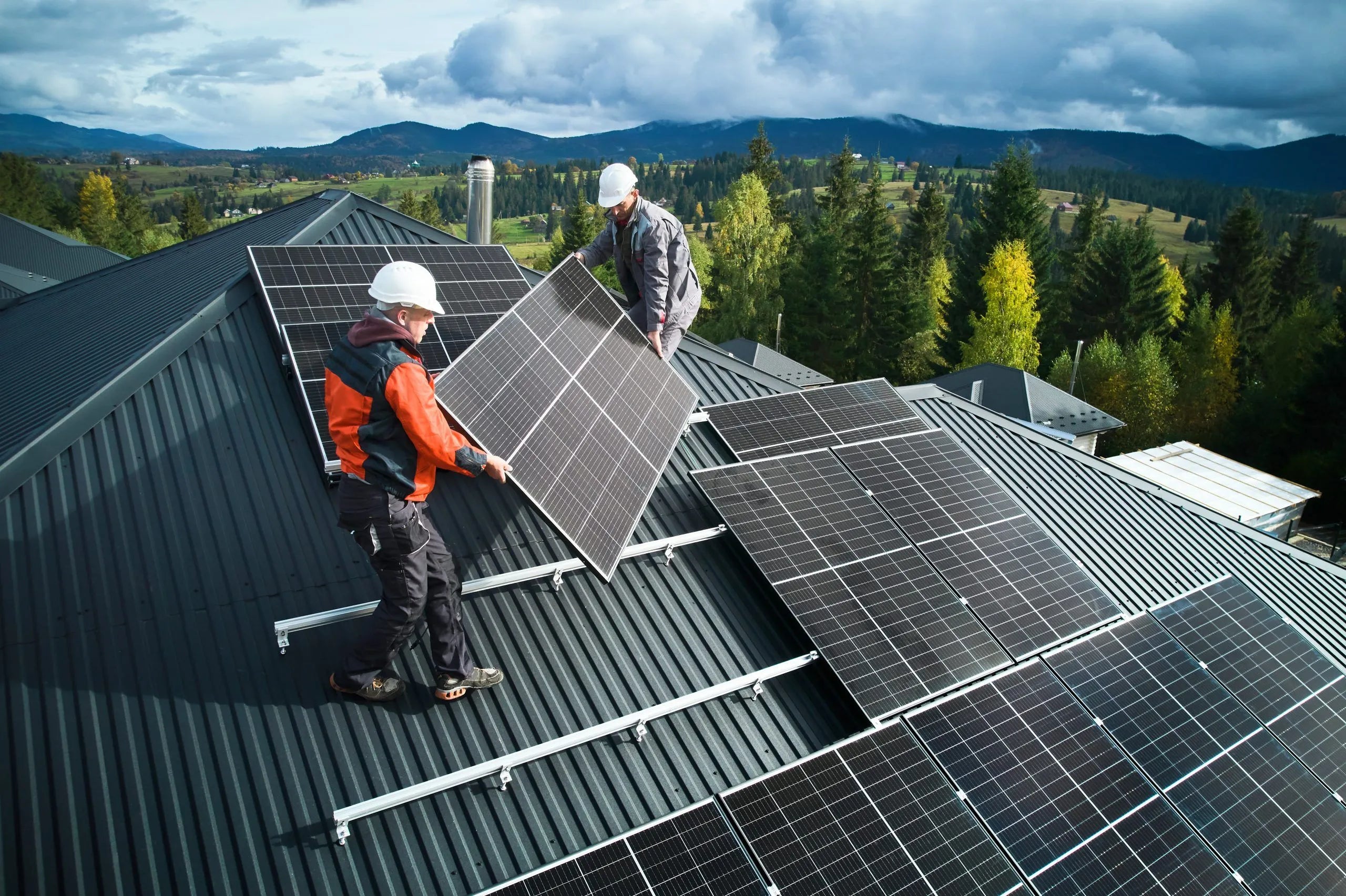A roof jack might not be the first thing that comes to mind when considering roofing projects, but its role is indispensable in ensuring stability and safety. What is a roof jack? It is a critical component used to support roofing materials and structures during installation or repairs. Roof jacks are designed to provide a secure foothold, making roofing tasks safer and more efficient. They are a valuable tool for homeowners, business owners, and industrial facility managers aiming to maintain or improve their roofing systems.
Definition and Basic Functionality of a Roof Jack
A roof jack is a piece of equipment installed on a sloped roof to provide a stable platform for workers during repairs or installation. It is commonly made of metal and features a flat base that rests on the roof, with an adjustable arm to hold planks. Roof jacks ensure safety and efficiency by preventing slips and falls, making them a fundamental tool for any roofing project, big or small. They support roofing materials and provide stability in various weather conditions.
Types of Roof Jacks Used in Different Applications
Roof jacks come in various types, each suited to specific applications. The most common types include pipe jacks, which are used around vent pipes, and platform jacks, which provide a stable working surface for roofers. Adjustable roof jacks are versatile and can be used on roofs with different slopes. Each type is designed to meet the unique needs of residential, commercial, and industrial roofing projects, ensuring that every roofing job is performed with the highest safety standards.
Roof Jacks Provide Stability During Roof Repairs
Roof jacks are essential during roof repairs as they provide a secure platform for workers. When installed correctly, they prevent slips and falls, reducing the risk of accidents. Roof jacks are particularly important on steep roofs where maintaining balance is challenging. They help distribute weight evenly, reducing the strain on specific roof areas and minimizing the chance of structural damage. Using roof jacks is a practical way to ensure safety and efficiency during roof repairs.
Roof Jacks Used for Supporting Roofing Materials
Roof jacks are not only useful for supporting workers but also for holding roofing materials in place. During installation, they help keep shingles, tiles, or other materials from slipping off the roof. This feature is especially helpful when working on sloped surfaces where gravity can cause materials to slide. By securely holding these materials, roof jacks facilitate a smoother installation process and help maintain the integrity of the roofing system.
Installation Steps for Proper Roof Jack Placement
Proper installation of roof jacks is crucial for ensuring safety and functionality. The first step involves selecting the right type of roof jack based on the roof's slope and material. Next, the jack is positioned on the roof, and its base is securely fastened using nails or screws. It is important to ensure that the jack is level and stable before use. Finally, a sturdy plank is placed on the jack, providing a safe platform for workers. Proper placement and installation of roof jacks are key to effective roofing work.
Choosing the Right Roof Jack Based on Roof Type
Selecting the appropriate roof jack depends on the type and slope of the roof. For steep roofs, adjustable jacks provide flexibility and stability, while flat roofs may require less specialized jacks. Material compatibility is also important; metal roofs may need jacks with rubber bases to prevent slipping, while wooden roofs can accommodate standard metal jacks. Choosing the right roof jack ensures the safety and success of roofing projects, whether for small repairs or extensive installations.
Roof Jacks Prevent Damage to Roof Structure
Roof jacks help prevent damage to the roof structure by distributing weight evenly and minimizing pressure points. Without roof jacks, the weight of workers and materials could concentrate in one area, leading to potential damage or collapse. Roof jacks provide a safe working environment by preventing roof materials from shifting and maintaining the roof's structural integrity. This protection is essential in both residential and commercial roofing projects where roof damage can lead to costly repairs.
Common Materials Used in Manufacturing Roof Jacks
Roof jacks are typically made from durable materials like galvanized steel or aluminum, which are resistant to rust and corrosion. These materials are chosen for their strength and ability to withstand harsh weather conditions. Some roof jacks are also made with rubber or plastic components to provide additional grip and prevent slipping on metal roofs. The choice of material is critical in ensuring the longevity and effectiveness of roof jacks in various roofing applications.
Maintenance Tips for Ensuring Roof Jack Longevity
Maintaining roof jacks is essential to ensure their longevity and functionality. Regular inspection for rust, corrosion, or damage is important, especially after exposure to harsh weather. Cleaning the jacks and applying a rust-resistant coating can prevent deterioration. It is also important to store roof jacks in a dry place when not in use. Proper maintenance practices help extend the life of roof jacks, making them a reliable tool for repeated roofing projects.
How Roof Jacks Assist in Slope Adjustments
Roof jacks are useful for adjusting to different roof slopes, providing a stable working platform regardless of the roof’s angle. Adjustable roof jacks can be set to various positions, accommodating both steep and shallow slopes. This versatility makes them ideal for different roofing tasks, from minor repairs to complete installations. Roof jacks' adaptability to various slopes ensures safety and ease of use, allowing for efficient roofing work in diverse conditions.
Roof Jacks in Professional and DIY Roofing Projects
Roof jacks are invaluable in both professional and DIY roofing projects. For professionals, they provide a reliable means of ensuring safety and stability during complex roofing tasks. For DIY enthusiasts, roof jacks offer an accessible solution for making small roof repairs or installations. Their ease of use and effectiveness make them a popular choice for anyone looking to undertake roofing projects, ensuring safety and success regardless of skill level.
Reliable Electrical Equipment Supplier with Expert Roofing Solutions
Looking for dependable roofing solutions and electrical services? At Sonic Electric, we specialize in providing high-quality roof jacks for various roofing projects, ensuring safety and stability for homeowners and professionals alike. Alongside our roofing solutions, we are also a leading electrical equipment supplier, offering a range of products to meet all your electrical needs. Whether you're installing a new roof or upgrading your electrical systems, our experienced team is here to help. Contact Sonic Electric today to learn how we can support your project with our comprehensive solutions.







Share:
Ventilation Fan Vs. Exhaust Fan: What's The Difference?
11 Key Benefits Of LED Floodlights For Outdoor Security